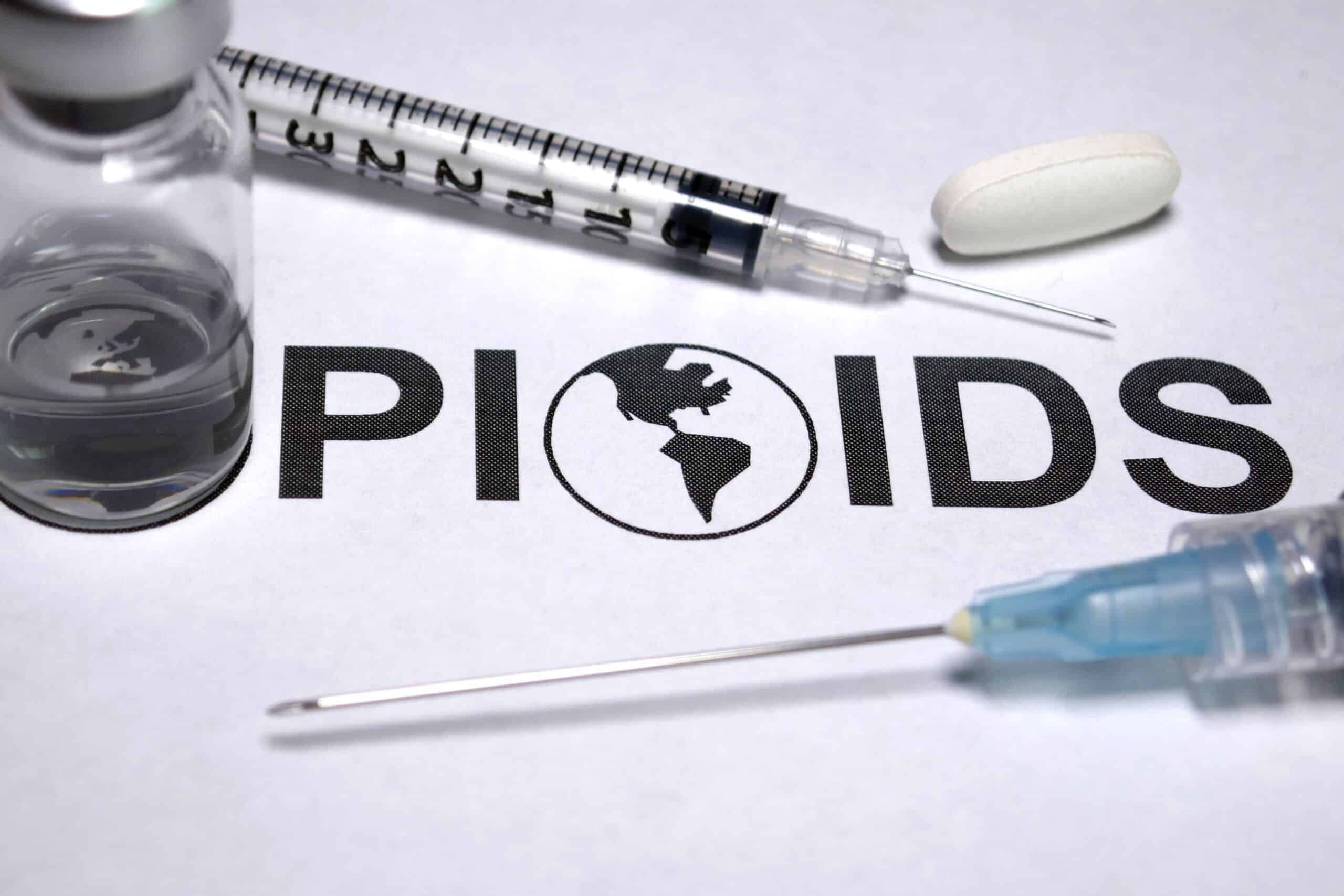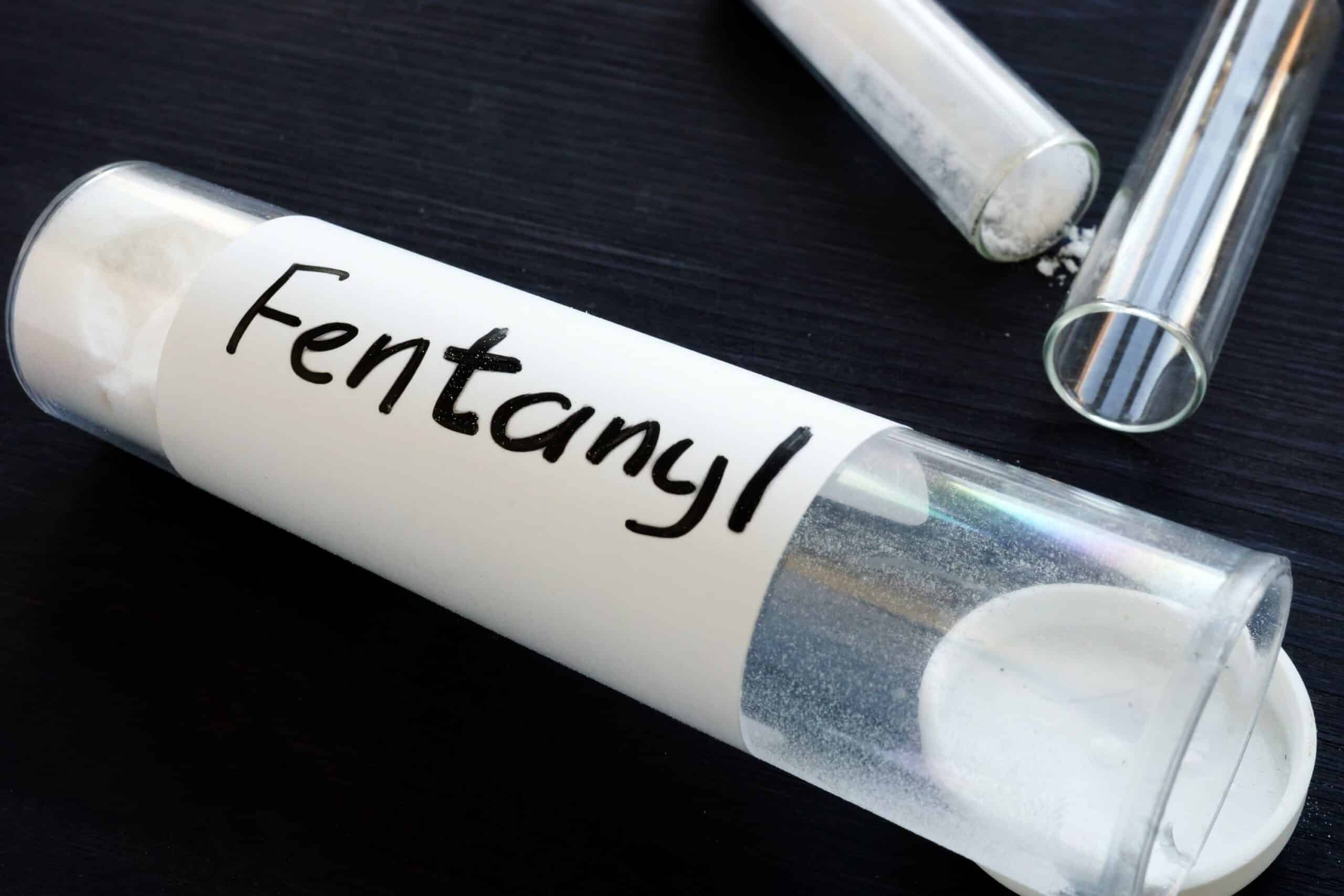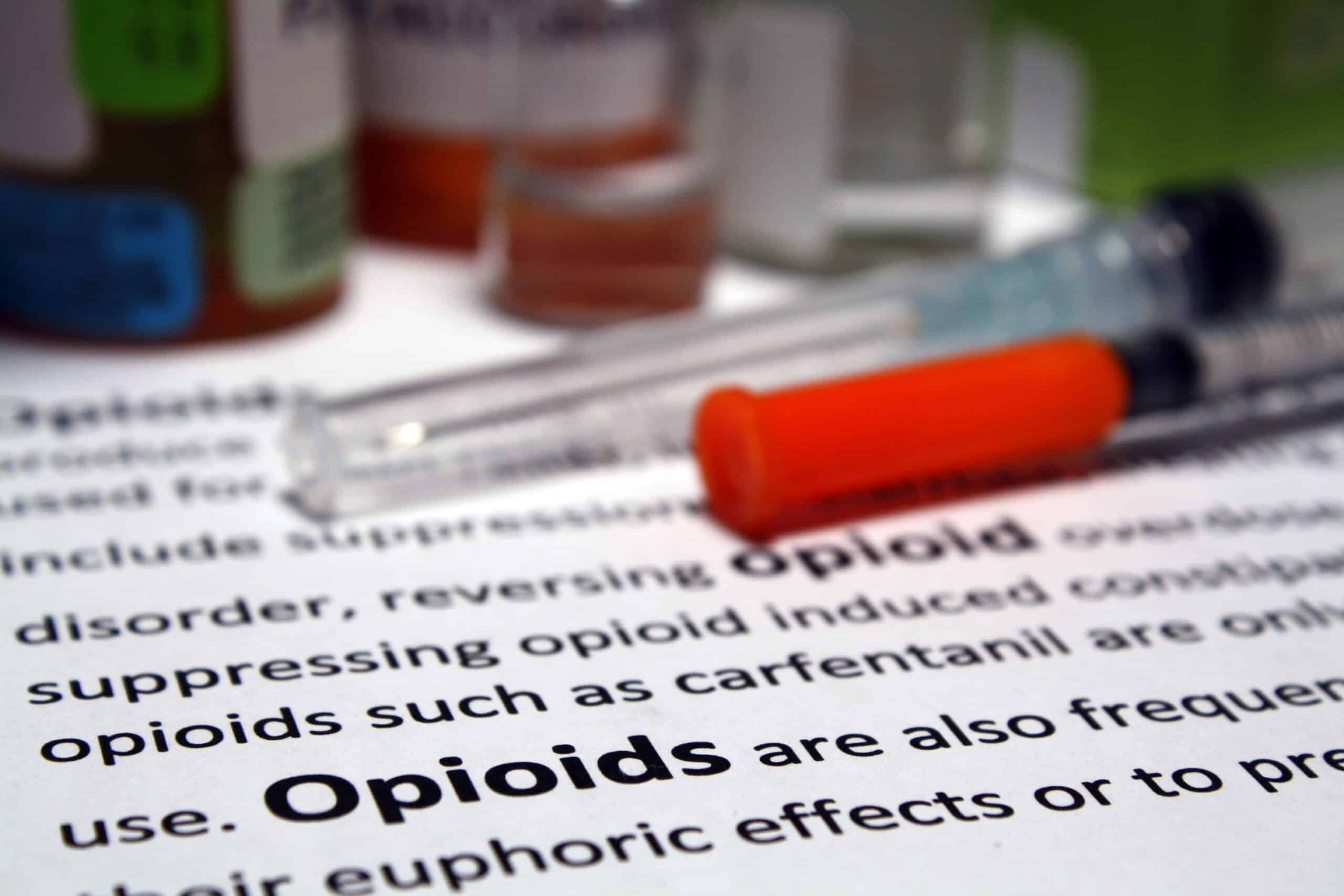The Legal Implications of Minnesota’s Increasing Opioid Crisis for Criminal Defense

Andrew & Poole, P.A.
Like many other states in the United States, Minnesota has been grappling with a surge in opioid use and overdose deaths in recent years. This crisis has been fueled by overprescribing opioid painkillers, the rise of synthetic opioids like fentanyl, and the availability of cheap and potent heroin. According to data from the Minnesota Department of Health, there were 422 opioid-related deaths in the state in 2017, and the numbers have only increased since then. This crisis not only has public health implications but also has significant legal implications for criminal defense. Law enforcement agencies are cracking down on the illegal distribution and possession of opioids, increasing arrests and prosecutions for drug-related offenses. As a result, criminal defense attorneys are facing an increasing number of cases related to opioid use, and they must navigate complex legal issues to defend their clients.
The Opioid Crisis in Minnesota
The opioid crisis has been affecting Minnesota for over a decade. In 2017 alone, there were 422 opioid-related deaths in the state, and the numbers have only increased since then. The crisis has been fueled by overprescribing opioid painkillers and the rise of synthetic opioids like fentanyl. Many people who become addicted to prescription opioids turn to heroin and other illicit drugs when their prescriptions run out, leading to a rise in overdose deaths.
Law enforcement agencies in Minnesota have responded to the opioid crisis by increasing efforts to crack down on the illegal distribution and possession of opioids. This has increased arrests and prosecutions for drug-related offenses, including possession, distribution, and trafficking of opioids. While some individuals addicted to opioids may be able to receive treatment instead of facing criminal charges, many others are not so lucky.

The Criminalization of Opioid Use
In response to the opioid crisis, law enforcement agencies in Minnesota have been cracking down on the illegal distribution and possession of opioids. This has led to increased arrests and prosecutions for drug-related offenses, including possession, distribution, and trafficking of opioids. While some people addicted to opioids may be able to receive treatment instead of facing criminal charges, many others are not so lucky. As a result, criminal defense attorneys are facing an increasing number of cases related to opioid use.
Challenges Faced by Criminal Defense Attorneys
Criminal defense attorneys face several challenges when representing clients charged with opioid-related offenses. One of the biggest challenges is proving that their clients are not guilty of the charges against them. This can be difficult, as law enforcement agencies often focus on making arrests and securing convictions rather than determining the truth. Additionally, many people who are addicted to opioids are not aware of the legal consequences of their actions, which can lead to them unknowingly incriminating themselves.
Another challenge faced by criminal defense attorneys is negotiating plea deals with prosecutors. In many cases, prosecutors are unwilling to reduce charges or offer leniency to people charged with opioid-related offenses, even if they are first-time offenders. This can make it difficult for defense attorneys to obtain the best possible outcome for their clients.

The Importance of Access to Treatment
One way to address the legal implications of Minnesota’s opioid crisis is to increase access to treatment for people who are addicted to opioids. This can help reduce the number of people charged with drug-related offenses and reduce the likelihood of relapse for people who have completed treatment. Additionally, some courts are now offering treatment as an alternative to incarceration for people who have been charged with drug-related offenses. This can be a more effective way of addressing addiction than simply locking people up.
The increasing opioid crisis in Minnesota has serious legal implications for criminal defense. The rise in opioid use and overdose deaths has increased arrests and prosecutions for drug-related offenses, creating a significant challenge for criminal defense attorneys. These attorneys must navigate complex legal issues and negotiate plea deals with prosecutors to obtain the best possible outcome for their clients.
However, one promising way to address the legal implications of the opioid crisis is to increase access to treatment for people addicted to opioids. Doing so can reduce the number of people charged with drug-related offenses and provide a more effective way of addressing addiction. Policymakers, healthcare providers, and law enforcement agencies must work together to develop a comprehensive approach to the opioid crisis that prioritizes public health and safety while protecting the rights of individuals caught up in the legal system.
About the Author:
A former Assistant Public Defender for the Sixth Judicial District in Duluth and former staff attorney for the Indian Legal Assistance Program, Brent R. Olson is an experienced trial lawyer who has appeared in every Courthouse in the Sixth Judicial District and taken over three dozen cases to verdict. At LaCourse, Poole & Envall, Mr. Envall focuses on family law, workers’ compensation, and criminal defense. He has a strong belief in restorative justice and helped to develop the Domestic Violence Restorative Circles program.
















